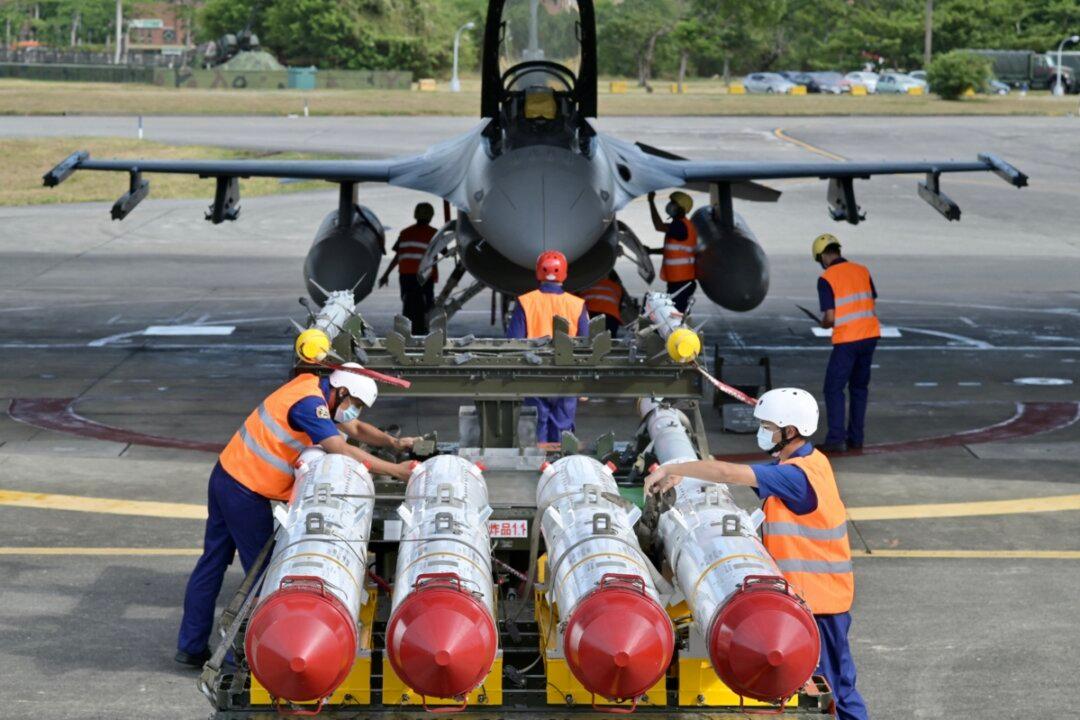House lawmakers have introduced bipartisan legislation to develop an economic strategy aimed at mitigating “the catastrophic economic fallout” resulting from a potential Chinese invasion of Taiwan.
The legislation, titled the “Fortifying U.S. Markets from Chinese Military Aggression Act,” was introduced by Reps. Blaine Luetkemeyer (R-Mo.) and Ritchie Torres (D-N.Y.) on April 11.




